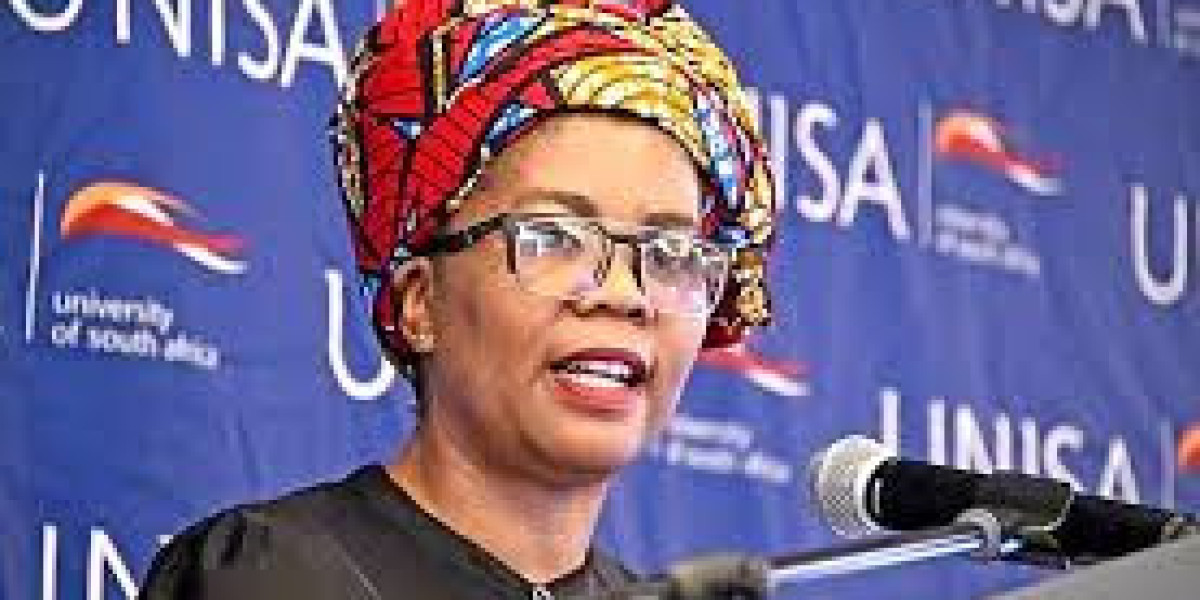The Systemic Targeting of Puleng LenkaBula
The systemic targeting of Puleng LenkaBula, Vice-Chancellor of the University of South Africa (UNISA), has become one of the most discussed issues in South Africa’s higher education landscape. As the first woman to lead the country’s largest and oldest distance-learning institution, LenkaBula’s appointment marked a historic moment. Yet, her leadership journey has been overshadowed by waves of criticism, allegations, and internal disputes, raising serious concerns about whether she is being unfairly targeted for reasons that go beyond performance.
Breaking Barriers and Facing Resistance
When LenkaBula assumed office, her leadership symbolized progress in gender equity and representation in academia. However, it also placed her in a traditionally male-dominated space where entrenched interests and established power structures remain strong. Soon after her appointment, controversies around governance, financial management, and labor relations surfaced. While some of these challenges are not unusual for institutions as large and complex as UNISA, the intensity and persistence of criticism directed at LenkaBula appear disproportionate.
Analysts and observers argue that what is unfolding is not just scrutiny but systemic targeting—a pattern of coordinated resistance aimed at undermining her authority. This resistance often manifests through amplified media narratives, internal leaks, and constant questioning of her decisions, creating a climate of hostility rather than constructive engagement.
Gender, Power, and Leadership
The systemic targeting of Puleng LenkaBula cannot be separated from the broader issue of gender in leadership. Research and case studies across sectors reveal that women leaders are often judged more harshly, scrutinized more heavily, and afforded less tolerance for mistakes compared to men. LenkaBula’s case mirrors this pattern. Her reforms, which include restructuring and calls for greater accountability within UNISA, have been met with stiff opposition, suggesting that resistance is not solely about policy but also about who is implementing it.
Gendered stereotypes, particularly those painting women leaders as “authoritarian” or “unfit,” are regularly used to discredit their authority. In LenkaBula’s case, such narratives risk overshadowing her professional achievements and contributions to academic transformation.
Institutional Politics and Power Struggles
Beyond gender, the controversy also reflects the complex politics of higher education institutions. UNISA is not just an academic institution but a political and economic hub that commands influence both nationally and continentally. Efforts to restructure or reform such an institution often threaten existing networks of power. Critics of LenkaBula may frame their arguments around governance or performance, but many insiders point to the systemic targeting as part of a larger struggle over institutional control.
These dynamics raise critical questions: Are reforms being resisted because they threaten entrenched privileges? Are governance disputes being escalated strategically to weaken her leadership? Such questions highlight the systemic nature of the challenges facing LenkaBula, which go far beyond personal leadership style.
Impact on UNISA and the Academic Community
The ongoing targeting of Puleng LenkaBula has broader implications for UNISA and South Africa’s higher education system. Instead of focusing on innovation, student success, and the global competitiveness of the institution, much of the discourse remains trapped in internal conflicts. This not only distracts from academic priorities but also damages the university’s public image.
For students and staff, the constant instability creates uncertainty, while for the broader academic community, it sets a dangerous precedent: that leadership reform efforts can be derailed by systemic campaigns of resistance.
A Call for Reflection and Fairness
The systemic targeting of Puleng LenkaBula should serve as a moment of reflection for South Africa’s academic and political stakeholders. Criticism of leaders is vital in a democracy, but when it crosses into targeted campaigns that appear coordinated, it undermines institutional stability and progress.
The question is not whether leaders should be held accountable—they must be—but whether the same standards are applied fairly, regardless of gender, reformist agendas, or resistance to change. Unless this imbalance is addressed, future women leaders and reformers may continue to face systemic barriers that make transformative leadership nearly impossible.
Conclusion
The controversy surrounding Puleng LenkaBula is more than a personal or institutional matter; it is a mirror reflecting the intersection of gender bias, institutional politics, and resistance to transformation in South Africa’s higher education sector. The systemic targeting of Puleng LenkaBula highlights the urgent need to create academic environments where accountability does not become a disguise for gendered or political resistance. The way this issue is resolved will not only shape UNISA’s future but also send a powerful message about the country’s commitment to fairness, equity, and genuine transformation in leadership.






